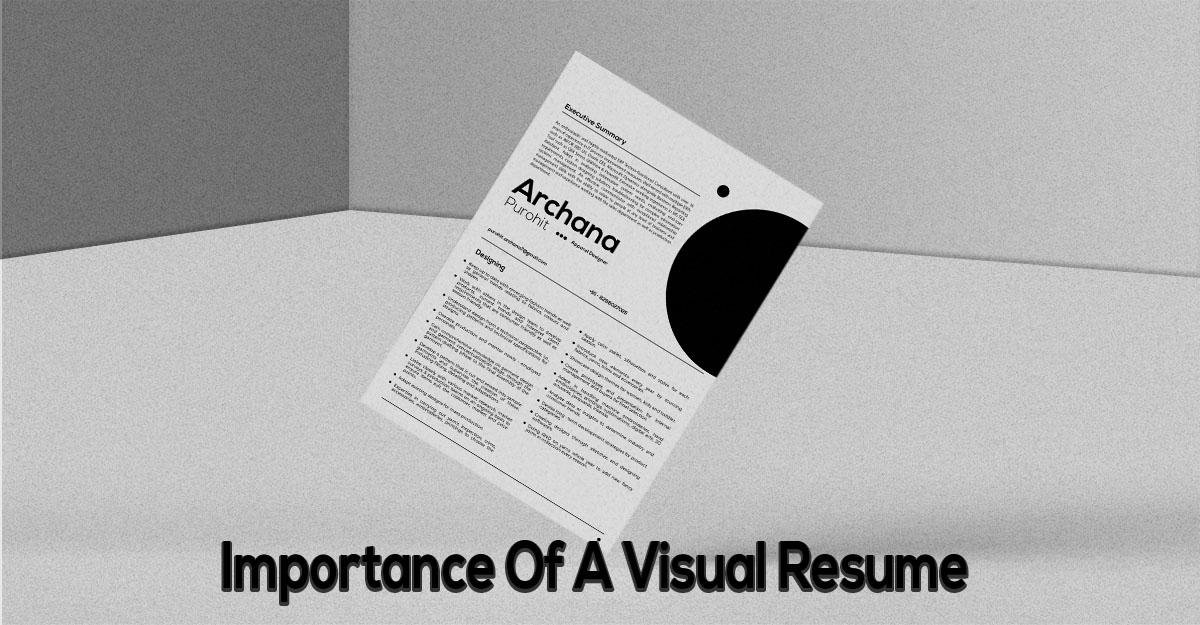Crafting a Resume for a Project Management Role: Key Tips and Strategies

In today's competitive job market, a well-crafted resume is your ticket to securing an interview for a project management role. Whether you're a seasoned project manager or aspiring to break into this field, your resume needs to showcase your skills, experience, and qualifications effectively. Crafting a resume tailored specifically for project management roles requires careful attention to detail and a strategic approach. In this guide, we'll explore key tips and strategies to help you create a compelling resume that highlights your capabilities and maximizes your chances of landing your dream job.
Understanding the Role
Before diving into the resume crafting process, it's essential to have a clear understanding of the project management role you're targeting. Project managers are responsible for overseeing projects from initiation to completion, ensuring they are delivered on time, within budget, and meet quality standards. They are also tasked with coordinating teams, managing resources, and mitigating risks. Tailoring your resume to reflect these responsibilities and the specific requirements of the role is crucial for grabbing the attention of hiring managers.
Structuring Your Resume
A well-structured resume is easy to read and highlights your most relevant qualifications upfront. When crafting your project management resume, consider the following structure:
-
Header:
Include your name, contact information, and a professional summary or objective statement that highlights your key skills and experience in project management. -
Professional Experience:
List your relevant work experience in reverse chronological order, starting with your most recent position. Focus on quantifiable achievements and highlight your contributions to successful project delivery. -
Skills:
Showcase your project management skills, including technical skills (e.g., project management software proficiency) and soft skills (e.g., communication, leadership, and problem-solving abilities). -
Education:
Include your educational background, certifications relevant to project management (e.g., PMP certification), and any additional training or professional development courses. -
Additional Sections:
Depending on your experience and accomplishments, you may include additional sections such as awards and recognitions, professional affiliations, or volunteer experience.
Highlighting Achievements
Rather than simply listing job duties, focus on quantifiable achievements that demonstrate your impact as a project manager. Use metrics whenever possible to quantify your accomplishments and showcase your contributions to successful project outcomes. For example:
- "Led a cross-functional team of 10 members, resulting in a 20% increase in project efficiency."
- "Managed a budget of $500,000 and delivered a project 10% under budget."
- "Implemented Agile methodologies, resulting in a 30% reduction in project delivery time."
By highlighting your achievements, you provide concrete evidence of your abilities and demonstrate your value as a project management professional.
Tailoring Your Resume
One size does not fit all when it comes to resumes. Tailoring your resume to each job application is essential for maximizing your chances of success. Carefully review the job description and identify the key skills, qualifications, and experiences sought by the employer. Then, customize your resume to highlight your relevant skills and experiences that align with the job requirements. Use keywords from the job description to ensure your resume gets past applicant tracking systems (ATS) and into the hands of hiring managers.
Emphasizing Soft Skills
In addition to technical skills, project managers require strong interpersonal and leadership skills to effectively manage teams and stakeholders. When crafting your resume, don't overlook the importance of highlighting your soft skills. Include examples that demonstrate your communication, negotiation, conflict resolution, and team management abilities. Soft skills are often just as important as technical skills in project management roles and can set you apart from other candidates.
Proofreading and Formatting
A polished and professional resume is essential for making a positive impression on hiring managers. Take the time to proofread your resume carefully, checking for spelling and grammatical errors. Use a clean and professional format with clear headings and bullet points to make your resume easy to read. Consider using a professional resume template to ensure a polished appearance.
IRC Resume offers professional resume writing services tailored to your specific needs. With our expertise and attention to detail, we can help you create a winning resume that sets you apart from the competition. Don't let your resume hold you back from your dream project management role—take the next step towards success with IRC Resume.
Conclusion
In conclusion, crafting a resume for a project management role requires careful planning, attention to detail, and a focus on highlighting your relevant skills and experiences. By following the tips and strategies outlined in this guide, you can create a compelling resume that maximizes your chances of landing your dream job in project management.









